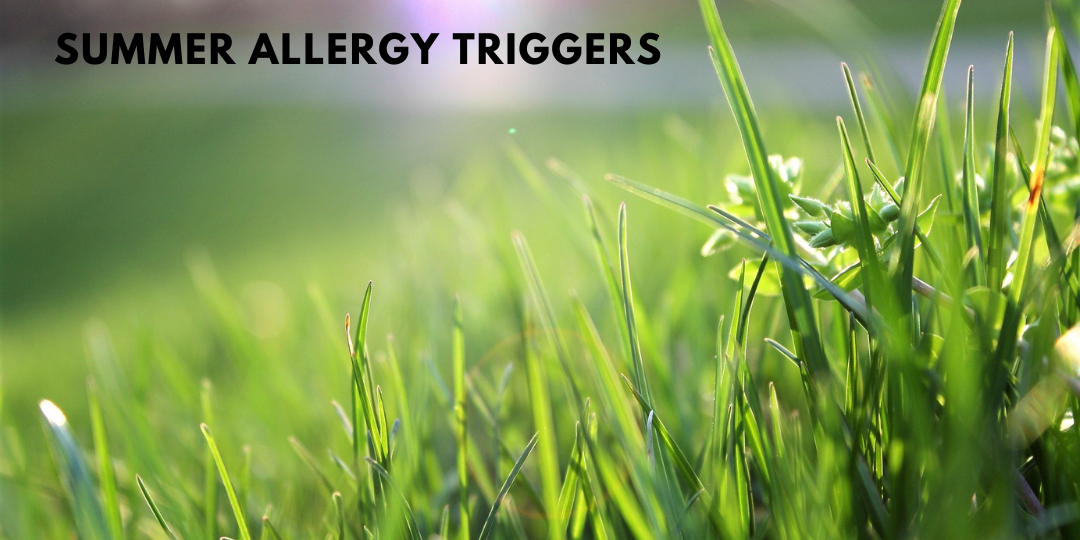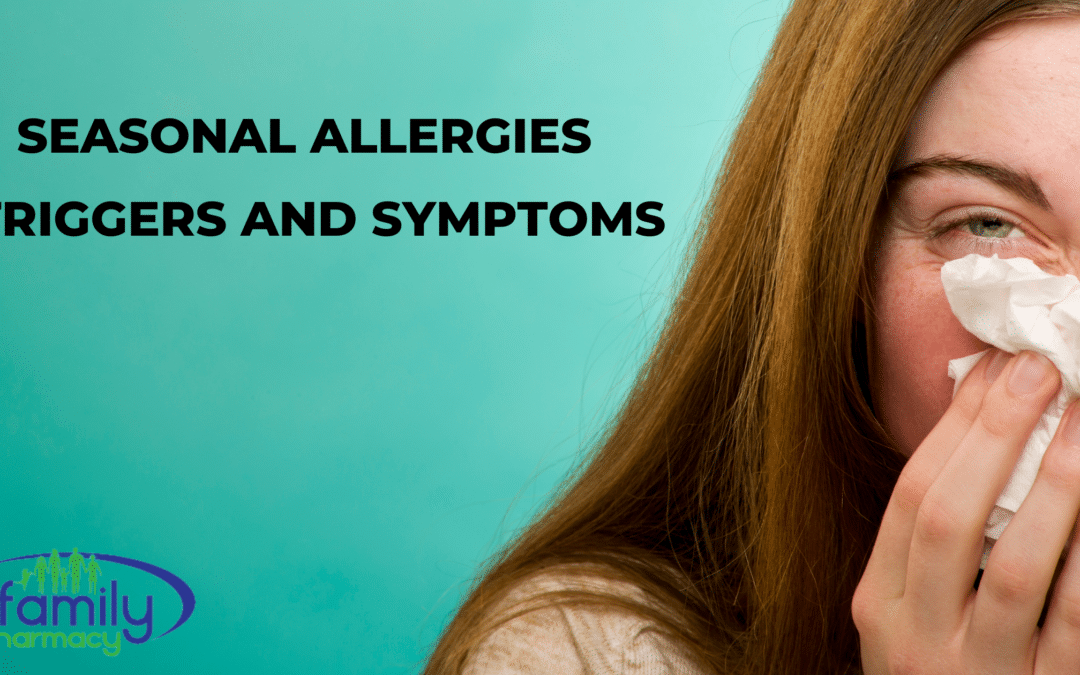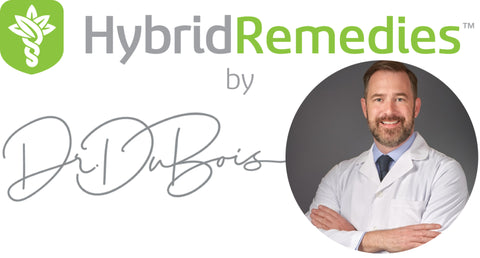Spring season is here and with it comes those pesky environmental allergies. As trees, grass, flowers, and plants emerge from their dormant phase, they release an abundance of pollen into the air that can make people feel quite miserable. Spring is not the only season that can cause allergies. In some people, this can be a year-round problem as different months can lead to different allergy triggers. The good news—there are natural ingredients that are very beneficial when taken in the right combinations.
In this article, I explain the various types of allergy triggers, characteristics of common allergy symptoms, and how to best manage them using natural remedies.
Understanding Seasonal Allergies
The type of environmental allergies depends on the climate you live in. In drier climates, more pollen is produced, often spreading by the wind. Seasonal allergies also stick around longer in warmer climates. The warmer the climate, the longer the allergy season.
Allergy Triggers by Season
Spring

Tree pollen is the biggest allergy trigger in the spring. Some trees can pollinate in late February or in early March. Depending on the tree you are allergic to, symptoms can run from February to May.
Summer

Summer allergies can look similar to fall allergies but are caused by different pollen—mostly grass and weed pollen.
Fall

During the Fall, there are three predominant allergens: ragweed, mold and dust mites. Ragweed is the biggest allergy trigger in the fall with it’s of release pollen occurring with cool nights and warm days that can last well into September and October. Mold is also more prevalent in the fall due to the rain and damp leaves on the ground.
Common Allergy Symptoms

Seasonal Allergy symptoms can manifest in different ways and severity depending on an individual’s immune system sensitivity. Below are some of the most common symptoms caused by seasonal allergies:
1. Itching
Itchiness occurs when mast cells, a type of white blood cell in your body, release a chemical called histamine. Itching can be localized in specific areas like the eyes, nose, or skin, or generalized, depending on the region of the body exposed to an allergen.
2. Dry cough
Throat irritation from post-nasal drip causes a characteristic dry cough correlated with allergies. Postnasal drip is the flow of accumulated fluid and mucus from the back of the nasal cavity down into the throat.
3. Wheezing
Wheezing is a whistling sound heard most often in asthmatics or those with hypersensitive airways. The inflow of respiratory allergens causes the release of fluids and mucus that accumulates and blocks small airways in the lungs.
4. Runny nose
Inhaled airborne allergens trigger the production of fluids in the nose that accumulates and drains out of the nose. The nasal secretions are often clear but may appear mucoid.
5. Sneezing
This is a reflex response because of foreign bodies like pollens, dust, and other air particles in the nose. Sneezing serves as a defense mechanism to expel inhaled airborne allergens, which are nasal irritants.
6. Swollen eyes
Allergens exposed to the eyes stimulate a local inflammatory reaction together with tissue swelling in the eyes. In some people, this may be associated with teary eyes, which is the body’s way to flush out foreign particles in the eyes.
7. Sore throat
Inhaled allergens cause the production of fluid and thick mucus, which collects in the nose and flows down into the throat, leading to throat pain.
8. Red eyes
The local inflammatory reaction in the eyes increases blood flow, which appears as eye redness and eye discomfort.
9. Headaches
A classical dull headache may occur when inflammatory fluid and mucus block nasal sinuses, which are air spaces in the skull.
The Key to Seasonal Allergies?
The true problem with seasonal allergies is not histamine as we have been trained to think. Check out my second article in this series, which discusses the Key to seasonal allergies and what can be achieved with natural ingredients.
Dr. DuBois Pharmacist Pro Tip for Seasonal Allergies
Seasonal allergies affect up to 30 million people every year and the number seems to be growing. Many people use medication to help control their allergies but suffer the consequences of side effects. HybridAR Rapid Nasal & Sinus SupportⓇ is the first natural remedy formulated to work quickly and provide all-day benefit. HybridAR is designed to provide rapid benefit in just 20 minutes with all-day benefit. It is the only natural remedy that you take once a day.
HybridAR is an ideal remedy because it balances and supports your immune system and also histamine levels. It has helped thousands of people switch off of over the counter medications such as ClaritinⓇ, AllegraⓇ , and ZyrtecⓇ to just using HybridAR Rapid Nasal & Sinus SupportⓇ. If you are an OTC medicine user, check out my Top 3 Reasons HybridAR BEATS Claritin®.
This season, if you are looking for a natural remedy that can help you transition off allergy medication or looking for a natural remedy that will help you enjoy the outdoors again, try HybridAR. It has helped thousands of customers nationwide and can help you too.
About Dr. DuBois
Dr. DuBois is a registered clinical pharmacist, educator, and Founder of Hybrid Remedies, a natural supplement research and development company.
He is a graduate of the University of Florida with a Doctorate degree in Pharmacy. Prior to starting Hybrid Remedies, Dr. DuBois was the lead clinical pharmacist at the world-renowned Mayo Clinic specializing in immunology and solid organ transplantation. During his tenure, Dr. DuBois has designed numerous clinical trials and immune protocols and has been a contributing author of several published articles. With over 18 years of pharmacy experience, Dr. DuBois uses his clinical expertise and knowledge of Eastern and Western medicine to help patients safely integrate natural supplements, prescriptions, and over-the-counter medications together.
**This information is meant to supplement, not replace advice from your doctor or healthcare provider and is not meant to cover all possible uses, precautions, interactions, or adverse effects. This information may not fit your specific health circumstances. Never delay or disregard seeking professional medical advice from your doctor or other qualified healthcare provider because of something you have read on this site or published by Hybrid Remedies. You should always speak with your doctor or health care professional before you start, stop, or change any prescribed part of your health care plan or treatment and to determine what course of therapy is right for you.**



Recent Comments